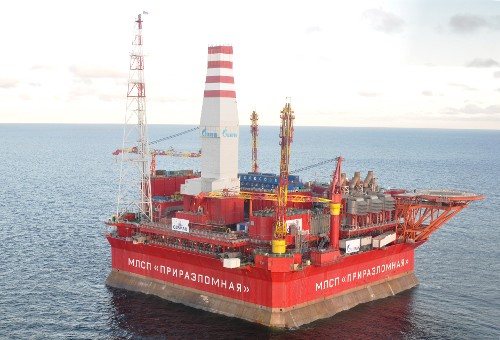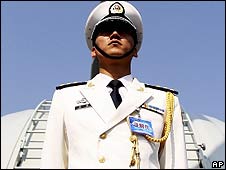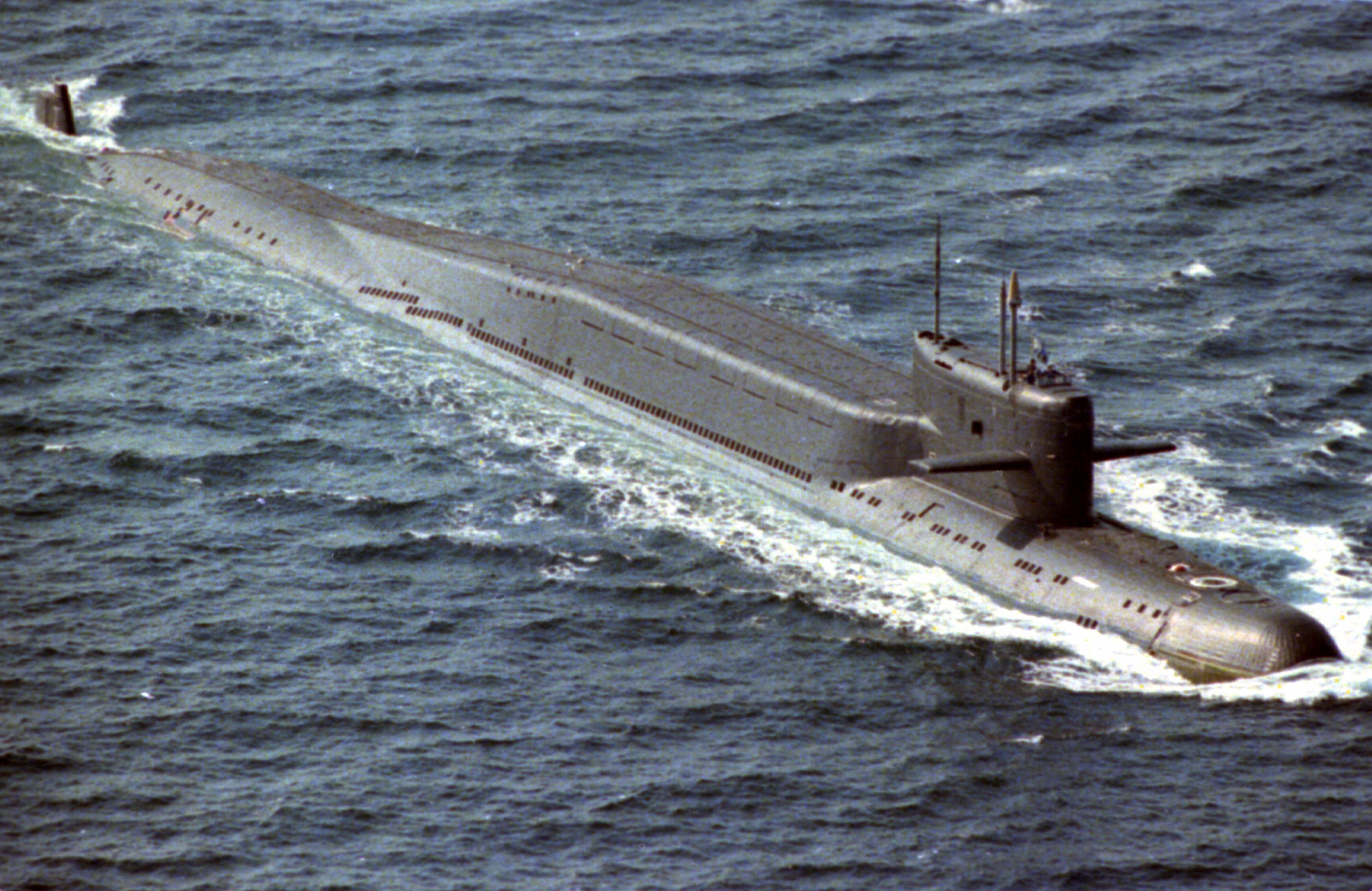For the first time, Greenpeace will be at the criminal end of a piracy law. The charges are being laid by Russia`s Investigative Committee (RIC) – akin to America’s FBI – who will be prosecuting 30 Greenpeace activists for trying to board an Artic oil platform. Among them were two Canadians.

The incident took place on 19 September 2013 in the Pechora Sea which is a southeastern extension of the Barents Sea, which itself is adjacent to the Arctic Ocean. According to Greenpeace, the boarding occurred 34 nautical miles from the closest Russian shore, which means it occurred outside Russian territorial waters, in the Russian Exclusive Economic Zone (EEZ).
The United Nations Convention on the Law of the Sea states that a nation has special rights over the exploration and use of marine resources within its EEZ, a zone stretching out 200 nautical miles from its coast. The question of where the incident took place, therefore, does not warrant much debate.
The Convention also states, however, that the coastal State (in this case Russia) “may take such measures, including boarding, inspection, arrest and judicial proceedings, as may be necessary to ensure compliance with the laws and regulations adopted by it in conformity within the Convention.” As such, the question more worthy of exploring is whether the method used by Russia to respond to the incident was warranted.
Greenpeace is claiming that their activists were beaten, kicked, and pushed by armed, masked agents who jumped out of helicopters and rappelled down ropes. According an RIC spokesman, however, the actions were warranted, as the protest was “an attempt to seize a drilling platform by storm.” He added that the Greenpeace vessel raised “legitimate doubts about their intentions,” and that the ship “was loaded with electronics whose purpose was not clear.”
There are certainly many legal battles also set to take place. Article 227 of Russia’s penal code defines piracy as “an attack on a ship at sea or on a river, with the aim of seizing someone else’s property, using violence or the threat of violence,” Article 106 of the UN Convention on the Law of the Sea states that “where the seizure of a ship or aircraft on suspicion of piracy has been effected without adequate grounds, the State making the seizure shall be liable to the State the nationality of which is possessed by the ship or aircraft,” in this case Holland, “for any loss or damage caused by the seizure.”
It will certainly be interesting to see how this plays out. As of 10:00 A.M. EST on 26 September, at least seven activists, including Canadian Paul Douglas Ruzycki, have been detained for two months pending a piracy investigation.




